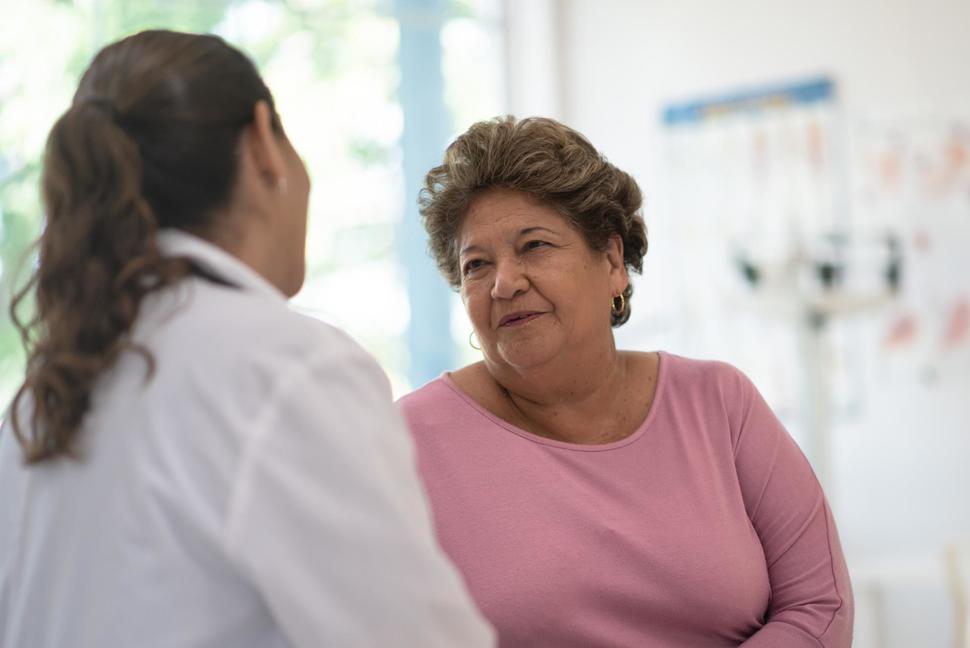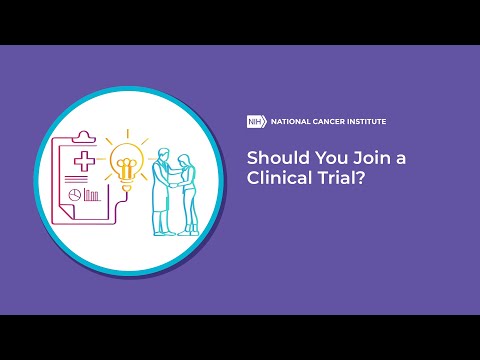Questions to ask before joining a clinical trial
Questions about the Trial
- What is the purpose of the trial?
- Why do the researchers believe that the treatment being studied may be better than the one being used now? Why may it not be better?
- How long will I be in the trial?
- How many visits will I need to make to the hospital or clinic?
- What kinds of tests and treatments are involved?
- How will the doctor know if the treatment is working?
- How will I be told about the trial’s results?
- How long do I have to make up my mind about joining this trial?
- Who can I speak with about questions I have during and after the trial?
- Who will be in charge of my care?
Questions about Risks and Benefits
- What are the possible side effects or risks of the new treatment?
- What are the possible benefits?
- How do the possible risks and benefits of this trial compare to those of the standard treatment?
Questions about Your Rights
- How will my health information be kept private?
- If I decide to leave the trial, what other options will I have?
Questions about Costs
- Which costs do I have to pay if I take part in the trial?
- What costs will my health insurance cover?
- Who can help answer questions from my insurance company?
- Who can I talk with about costs and payments?
Questions about Daily Life
- How could the trial affect my daily life?
- How often will I have to come to the hospital or clinic?
- Will I have to stay in the hospital during the clinical trial? If so, how often and for how long?
- How far will I need to travel to take part in the trial?
- Will I have check-ups after the trial?
Questions about Comparing Choices
- What are my other treatment choices, including standard treatments?
- How does the treatment I would receive in this trial compare with the other treatment choices?
- What will happen to my cancer if I decide not to have any treatment?
Possible risks and benefits of joining a clinical trial
Every clinical trial is different, which means risks can also differ.
Some common risks include:
- The study treatment may not be better than, or even as good as, the standard treatment.
- Study treatments may have serious side effects that are worse than those of the standard treatment.
- You may be required to make more visits to the doctor and have more tests than if you were receiving standard treatment.
- You may have extra expenses related to these extra visits, such as travel, housing, and childcare costs.
Some of the benefits to joining a treatment clinical trial may include:
- The trial may help researchers learn more about cancer and help people in the future.
- You might have access to a treatment that is under study that may not be available to people outside the trial.
- The research team will watch you closely, adding an extra layer of care to your health.
- Though not common, if the treatment being studied is more effective than the standard treatment, you may be among the first to benefit.

